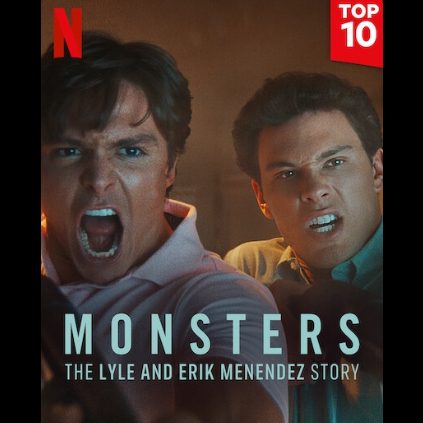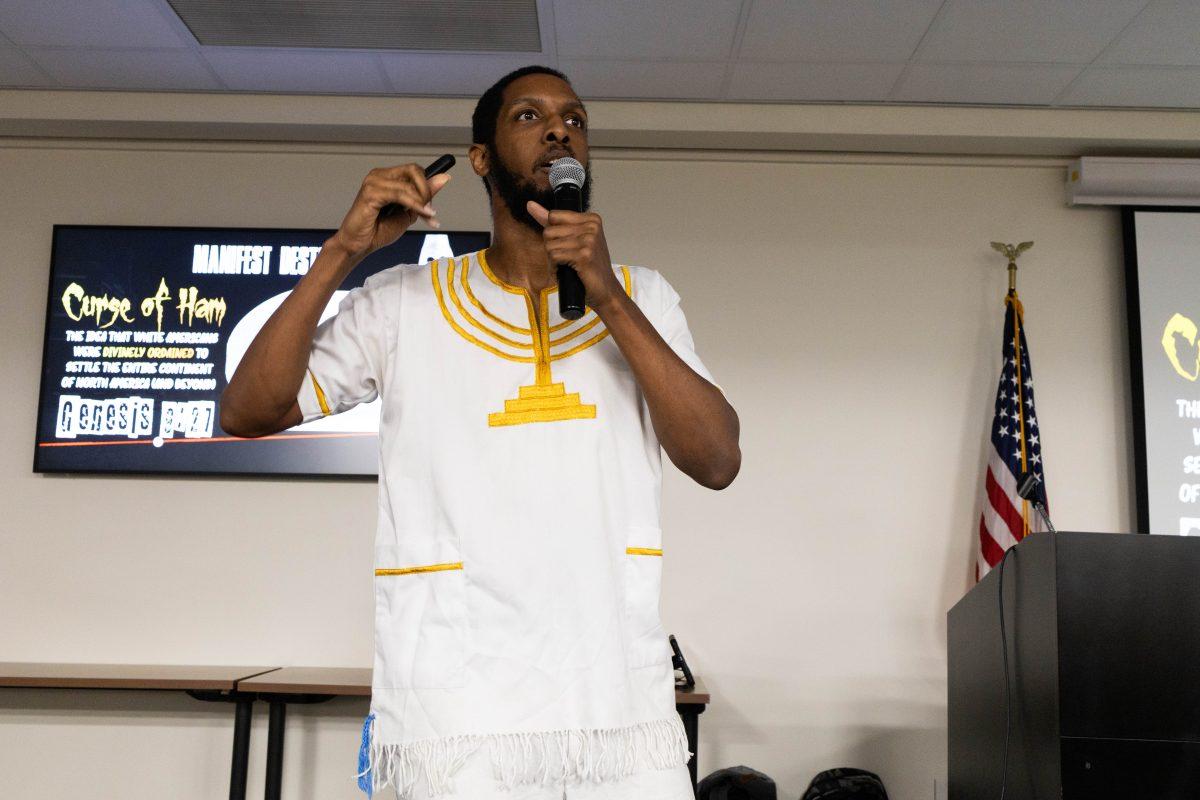by Adriana Lopez
If anyone stepped into a movie theater expecting to learn about the story of Queen through “Bohemian Rhapsody,” that is their fault.
The trailers for the film made it clear that we would be watching the story of Freddie Mercury (played by Rami Malek) unfold. However, this does not mean that the movie is free of flaws.
In order to tell the story of Mercury, audiences do need to be introduced to the band Queen. While the pacing of this initial meeting feels suitable (Mercury goes to a show where his future band mates are performing and auditions for them) everything after this feels like a whirlwind.
The band becomes Queen, they sell out pubs, they record music and they get a record deal. This leads to touring and more recording, which leads to another record deal. Sprinkle in arguments amongst band members, a brief solo venture by Mercury and the band’s reconciliation then you have the story of Queen.
It is fast paced to say the least and the film’s major issues come down to flaws in editing. But again, the film isn’t attempting to tell the story of Queen, it’s about Mercury.
What the film loses in editing flaws, it gains back in tender moments that Malek is getting Oscar buzz over.
Mercury is shown as a wide eyed young adult that won’t let his dream die. He has a yearn to perform and make everyone around him pay attention. This leads to him becoming a dazzling performer that gains major success.
As audiences will learn, Mercury’s success came with a price. Being from a traditional Parsi family, his family wasn’t understanding of his aspirations. His father, Bomi Bulsara (played by Ace Bhatti) was the least supportive, wishes his son would simply become a man of “good thoughts, good words, good deeds.”
Bhatti and Malek capture the essence of the father son dynamic perfectly. Bhatti captures the annoyance of a father who thinks his son is in over their head and Malek captures the frustration of a son that feels like their father is attempting to suppress a dream. As the story progresses, audiences will see Mercury’s father become proud of him, and again, Bhatti captures those emotions perfectly.
Mercury’s sexuality was another major theme of the film. Malek introduces us to the life of a man struggling with his sexuality with a shared glance between Mercury and a trucker.
This simple, yet powerful, moment serves as a catalyst for the rest of the film. We see Mercury confess his desires to his wife, get betrayed by a lover, discovers he has AIDS and ultimately finds a long-term partner.
Throughout his pain and his happiness, Malek shows audiences the life of a man coming to terms with the most private parts of his life in the public eye.
Ultimately, “Bohemian Rhapsody” is a clear example of Hollywood biting off more than it can chew. The editing and pacing is off and doesn’t give audiences the opportunity to fully digest one plot point before introducing another. That is the difficulty behind trying to tell the story of a legend within two hours.
If for nothing else, the film is worth watching to see Malek’s portrayal of Mercury. Whether it is Malek’s acting when Mercury is having a crisis or him peacocking across a stage, it will certainly make you feel a bit closer to the legend.












